68 Results

Traumatic Brain Injury is Much Bigger than a Sports “Concussion Crisis”
Sep 24 2025
Authors Kathryn Henne and Matt Ventresca explain the larger story of inequality behind today's concussion crisis—and why many more people experience brain injury without the same attention afforded athletes.
Read More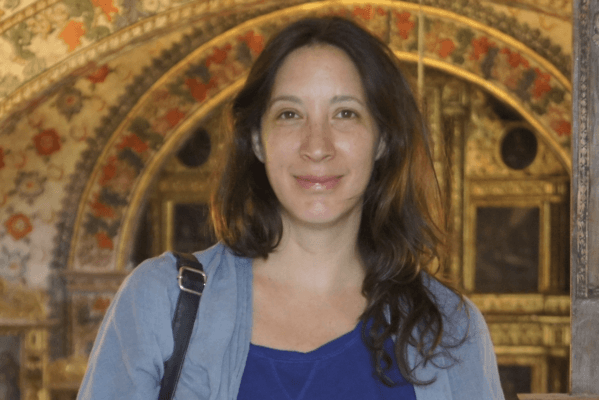
The Ideals, Imaginaries, and Symbolisms of Hospital Nursing: A Q&A with Claudia Agostoni
Aug 05 2025
We talk with Claudia Agostoni about her "Mexican Studies" article examining the training, work, and qualities of hospital nursing staff in Mexico City during the 1940s and 1950s.
Read More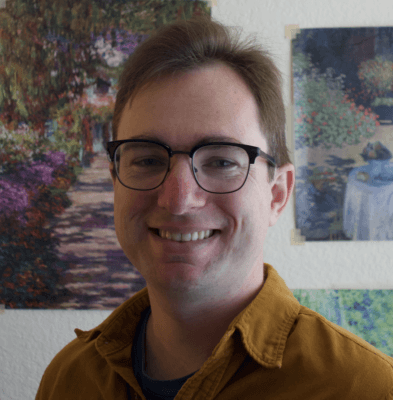
Epidemics, Quarantine, and Japanese American Incarceration: A Q&A with Jonathan van Harmelen
Aug 01 2025
Inspired by the COVID pandemic and his ongoing research on Japanese American history, historian Jonathan van Harmelen investigates the medical history of the Japanese American incarceration during World War II.
Read More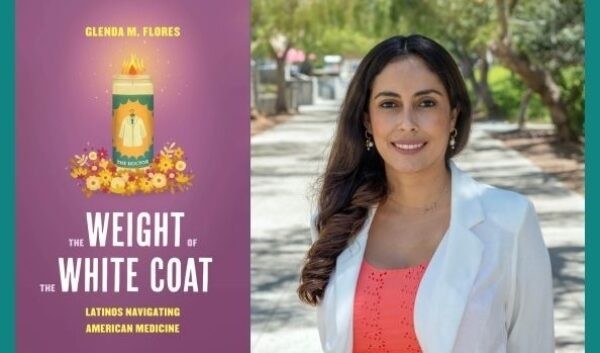
Q&A with Glenda Flores, author of "The Weight of the White Coat"
May 21 2025
Author Glenda M. Flores on the medical school journey of Latina/o physicians.
Read More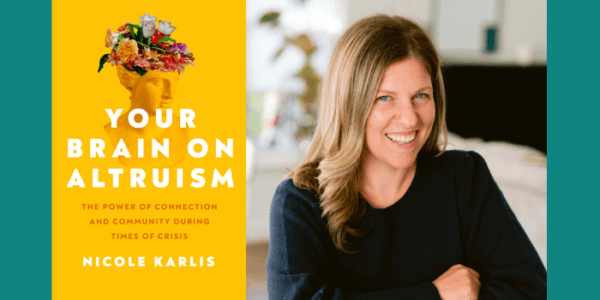
Q&A with Nicole Karlis, author of "Your Brain on Altruism"
Mar 05 2025
Author Nicole Karlis discusses her new book "Your Brain on Altruism," and how together we can build a culture of kindness.
Read More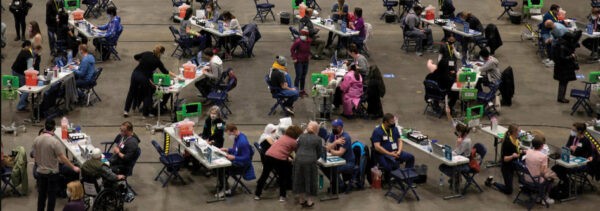
A Turning Point in Public Health
Dec 20 2024
In this time of rapid evolution, we offer a thoroughly updated and revised fourth edition of our book, "Public Health Law and Ethics: Power, Duty, Restraint" — defining the fields of public health law and ethics for a new generation.
Read More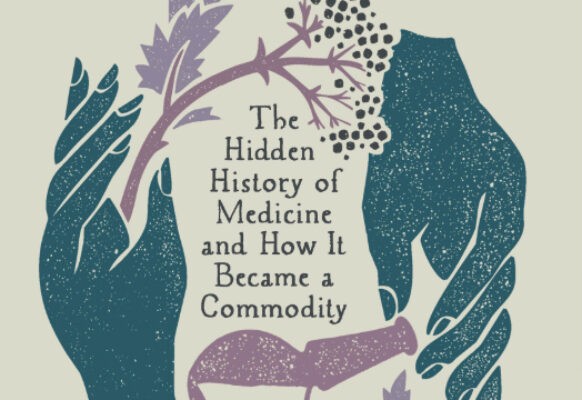
Today’s Science Skepticism Goes Back to the Scientific Revolution
Dec 06 2024
Most of us are aware of the deep problems in the current US pharmaceutical industry. Yet few may realize that today’s issues stem from changes that occurred centuries ago.
Read More
Q&A with Camilo Sanz, author of "Cancer Intersections"
Nov 25 2024
Author Camilo Sanz discusses his book "Cancer Intersections," on access to neoliberal, market-based oncological treatments in Colombia, a country where all patients are legally guaranteed access to medical services.
Read More
Prisons are Still Making COVID-19 Era Mistakes
Nov 07 2024
Unless considerable prisons reforms are made now—like an aggressive 50% reduction in prison population—the next epidemic will provoke calamities similar to COVID-19.
Read More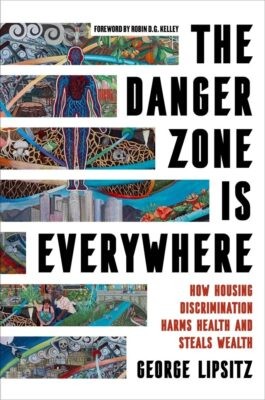
Housing discrimination is a public health disaster — and we need widespread social mobilization to fix it
Oct 21 2024
Residential racial segregation is both an economic injustice and a public health hazard. My new book contends that housing insecurity and its health consequences make up key components of an unjust, destructive, and deadly racial order.
Read More